“The grass is always greener on the other side” is a phrase so often used that the origin has been lost in the mists of time. In fact, it has earned the coveted title of cliché. But does this humble cliché have anything new to offer?
I think it does.
Crop Rotation is an agricultural method that has been around since 6000 B.C., probably around the same time as the phrase “The grass is always greener.” In fact, crop rotation is referred to in the Bible when God instructs the Israelites to practice a “Sabbath of the Land.” In Leviticus 25, we learn that every seventh year they were to leave their fields fallow—they could not prune, till, or even control the insects in their fields.
While the primary reason for this commandment was to worship and honor their God, it also served another purpose as well. Leaving a field fallow allows for needed nutrients to build back up in the soil and to curb erosion from wind and rain. It is a time for rebuilding things that have been lost through rest and restraint.
When it was time to plant again, the soil would be ready for the stresses of production.
Trials provide a similar opportunity.
How often when we are in the midst of a trial do we cast our eyes around us and yearn for greener grass? We want a field that is producing, not one that is lying fallow.
That is probably because we do not realize how important a fallow field can be.
And a fallow field is extremely important.
If you want a field to produce valuable soil in the future, it has to be provided with the proper environment to flourish. It is not enough to let this unworked field go to seed. Nutrient rich plants need to be left instead.
In other words, you can’t just leave a fallow field to the weeds.
During a trial, it is really easy to let envy creep in. Envy is like a weed. It sucks up needed nutrients and moisture, and blocks progression towards the sun. Envy truly is an invasive species.
So how can we keep the weeds out of our fallow field?
First, protect your field from invasive weeds.
To protect ourselves during a trial, we need to understand what triggers envy. Often times triggers can be pretty general, like social media outlets, television, or over-observing the Jones’s. But sometimes envy can arise from something hidden much deeper inside of us. To uncover those deeper roots, you can take time to ponder and pray while you search inward to determine the dandelions from the poison ivy.
Second, appreciate your fallow field and it’s potential.
In all trials, it is pretty easy to just focus on the lack of production. It takes a gardener with a green thumb to show an inexperienced field hand just how useful this trial can be. Trust in the Lord. Seek his guidance through prayer and scripture study. Sow seeds of faith instead of fear, just like the prophet Alma taught (Alma 32).
Third, look for the beauty in the simple things.
When life is humming along at a normal pace, we often don’t slow down to appreciate the roses. It is only when things come crashing to a halt that we bother to look and see what is left over. In this simplified state, choose gratitude over grief. If you have to hourly make a list of all that God has blessed you with, do it.
Fourth, find ways to help out other farmers.
Seek out others who struggle with their own trials. Service can lift a weary soul and lighten the load of all who participate.
Our Savior, whose mortal life began in a lowly stable and ended on a cross, is the greatest example of service. King of Kings, he was a lonely wanderer and penniless. And yet, he could command an army of angels. Still, he chose to heal the sick and teach the poor in spirit.
By the world’s standards, he achieved nothing. His field appeared fallow to many during His mortal life.
Remember, a field does not remain fallow forever. Sometimes it just seems that way. By protecting our field and replacing the weeds, when the time comes to produce again, our soil will be nutrient rich and ready.
The stresses of trials can be managed in much the same way as we guard against envy and replace it with appreciation, gratitude, simplicity, and service. When we look back on our lives, it will be the fallow fields that we recognize as seasons of learning and growth that ultimately lead to greener grass on the other side.
Jessica Clark is a wife, mom, writer, runner, knitter, and proud Canadian. She graduated from Brigham Young University with a degree in Anthropology, and has been a student of people and cultures ever since. Right now she is busy studying the behavior and cultures of the people of Texas.

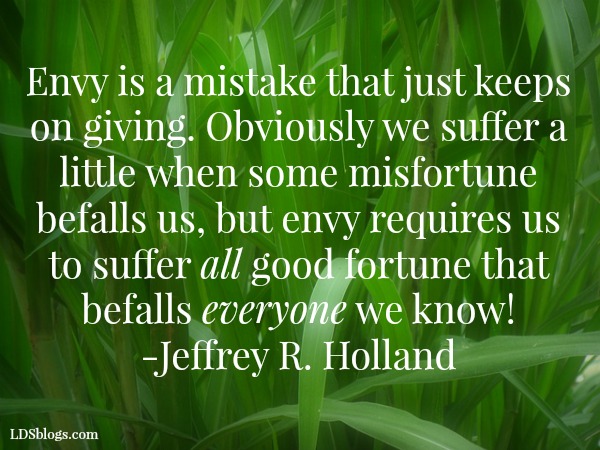
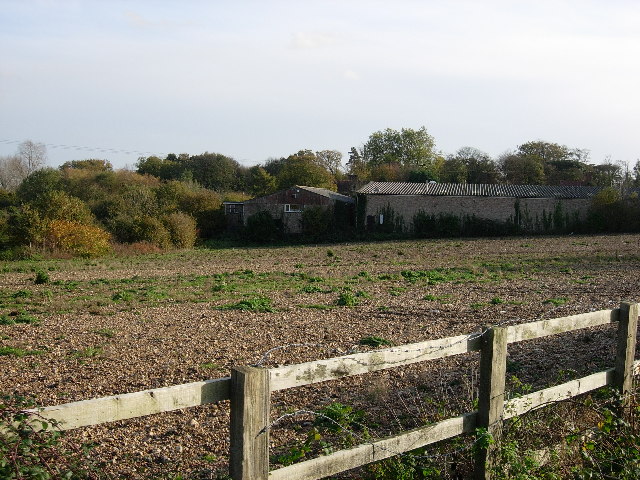
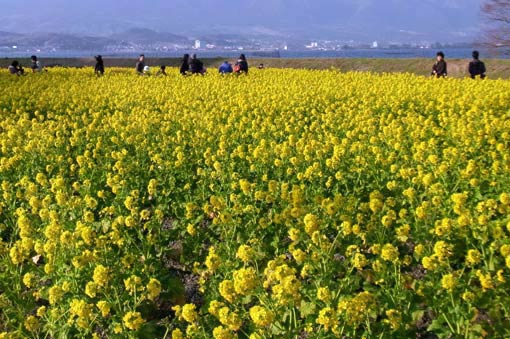
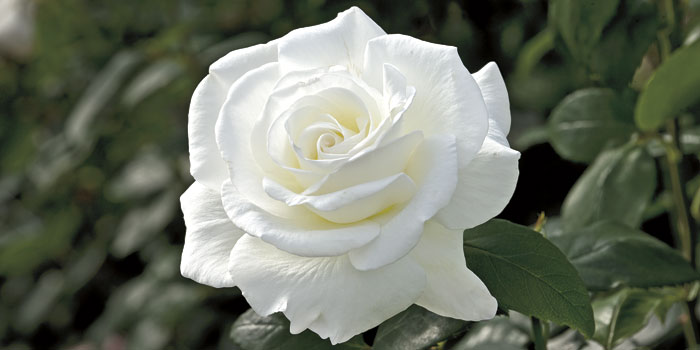


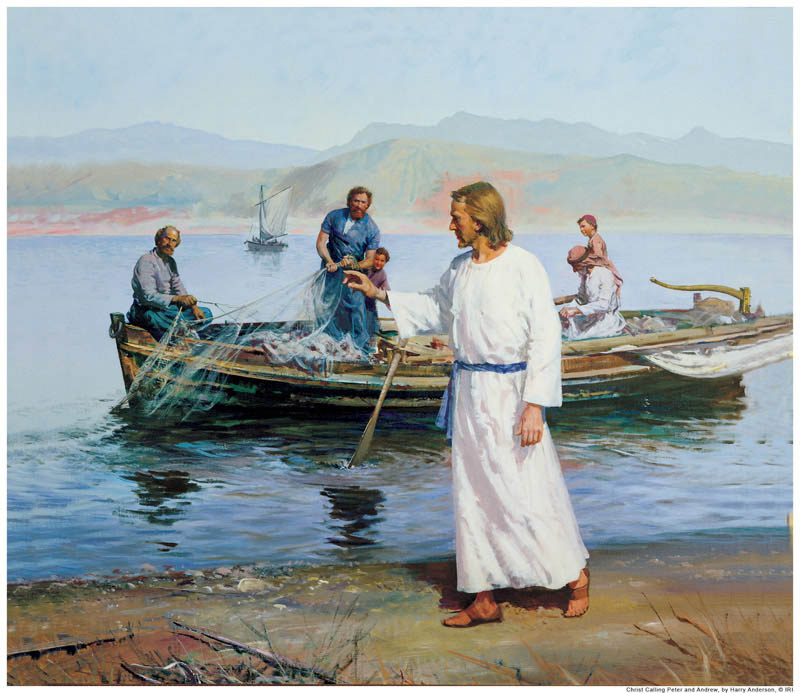


Well said, Jessica.
Jessica, this is a fantastic article. I read and enjoyed it and then saw you wrote it and felt very cool that I know the author!